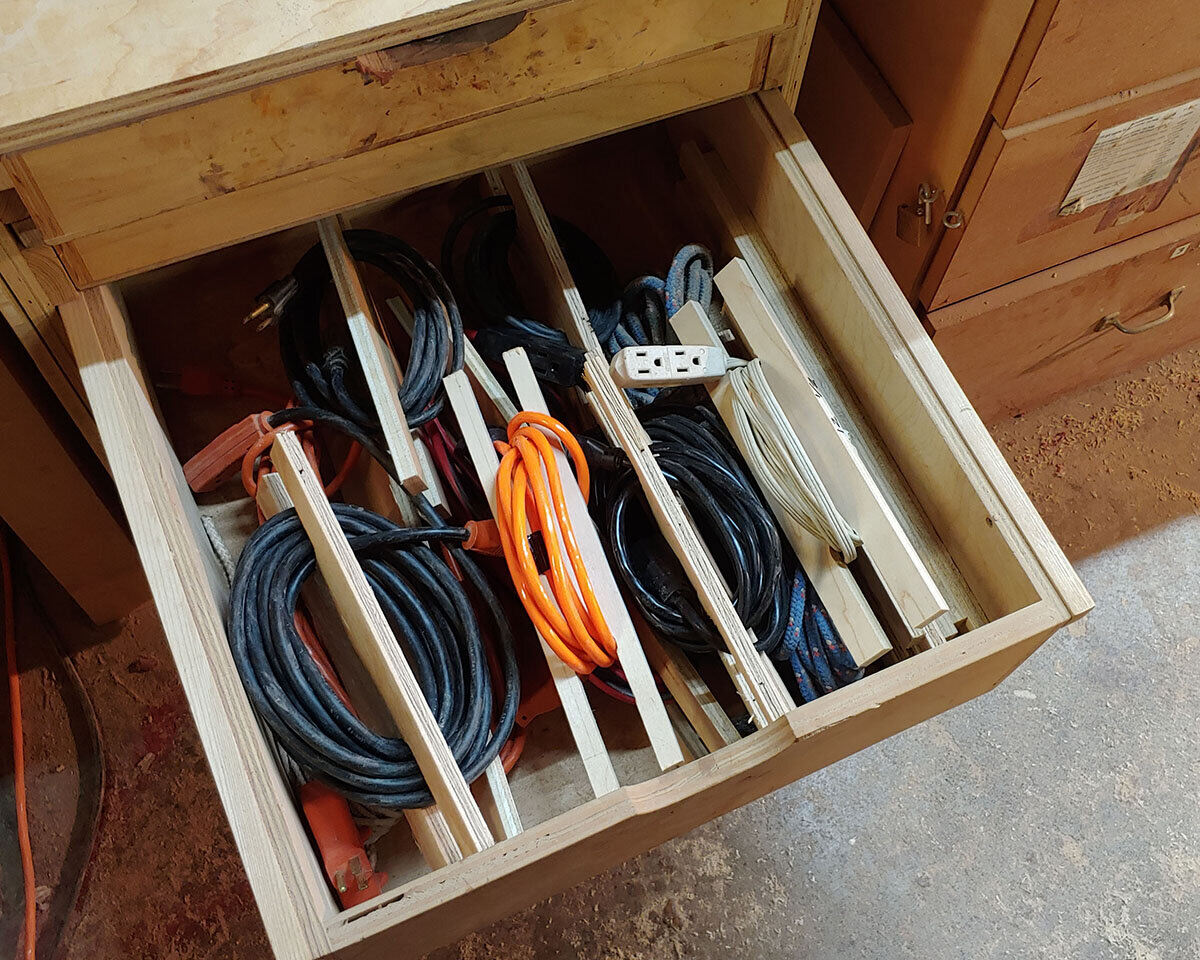

Articles
How To Choose Extension Cord
Modified: August 27, 2024
Looking for helpful articles on how to choose the right extension cord? Our comprehensive guide provides useful tips and advice to ensure you find the perfect one.
(Many of the links in this article redirect to a specific reviewed product. Your purchase of these products through affiliate links helps to generate commission for Storables.com, at no extra cost. Learn more)
Introduction
Choosing the right extension cord is essential to ensure both safety and functionality. With so many options available on the market, it can be overwhelming to know which one is the best fit for your needs. In this article, we will guide you through the process of selecting the right extension cord by considering various factors, such as safety considerations, length and gauge, indoor or outdoor use, ampere rating, cord material, number of outlets, safety certifications, brand reputation, and price range.
Extension cords are a convenient solution for when you need to extend the reach of electrical devices and appliances. However, it is important to use the appropriate cord for the task at hand to avoid electrical hazards and damage to your equipment.
By understanding the different factors to consider when choosing an extension cord, you can make an informed decision and ensure the safety of yourself and your household. Let’s dive into the details!
Key Takeaways:
- Prioritize safety by choosing the right extension cord based on factors such as power load, length, and indoor/outdoor use. Consider safety certifications and brand reputation for a reliable and durable cord.
- Balance affordability with quality and safety when selecting an extension cord. Look for reputable brands, adequate ampere rating, and proper cord material to ensure long-term reliability and peace of mind.
Safety Considerations
When it comes to extension cords, safety should always be your top priority. Here are some key safety considerations to keep in mind:
- Power Load: Make sure the extension cord can handle the power load of the devices you plan to connect to it. Check the amperage rating of both the cord and your appliances to ensure compatibility. Overloading an extension cord can lead to overheating and electrical fires.
- Length: Avoid using a longer extension cord than necessary. Longer cords have higher resistance, which can cause voltage drops and power loss. This can result in appliances not functioning correctly or even getting damaged.
- Overheating: Inspect the extension cord regularly for signs of overheating, such as discoloration or a burning smell. If you notice any damage or overheating, discontinue use immediately and replace the cord.
- Indoor vs. Outdoor: Ensure that the extension cord is suitable for the environment in which it will be used. Outdoor cords are designed to withstand moisture, UV rays, and other outdoor elements, while indoor cords are not.
- Tripping Hazards: Pay attention to cord placement to avoid tripping hazards. Keep cords away from high traffic areas or secure them with cord covers or tape.
- Proper Storage: When not in use, store extension cords properly to prevent damage. Avoid wrapping them tightly, as this can cause kinks and wire damage. Instead, use a cord reel or loop them loosely.
- Grounding: If using a three-pronged extension cord, ensure that your electrical system is properly grounded. This is crucial for the safety of appliances and to prevent electrical shocks.
Keeping these safety considerations in mind will help you select an extension cord that meets your requirements while prioritizing the well-being of yourself and others. Now, let’s move on to the next factor – length and gauge.
Length and Gauge
When choosing an extension cord, the length and gauge are important factors to consider. The length of the cord determines how far you can extend the reach of your electrical devices, while the gauge indicates the wire thickness. Let’s dive deeper into these considerations:
Length: The length of an extension cord can range from a few feet to several hundred feet. It is essential to choose the appropriate length for your specific needs. Using a longer cord than necessary can result in power loss and voltage drops, especially when dealing with high-powered appliances. On the other hand, using a cord that is shorter than required would limit the flexibility of your device placement. Therefore, consider the distance between the power source and the intended location of your appliance to determine the ideal cord length.
Gauge: The gauge of an extension cord indicates the thickness of the wires inside it. The lower the gauge number, the thicker the wire and the more electrical current it can handle. Common gauge sizes for extension cords are 16, 14, and 12, with 12 being the thickest and capable of handling the highest power load. When choosing a gauge, consider the wattage of the appliances you plan to connect to the cord. Higher wattage devices require a lower gauge cord to ensure efficient and safe operation.
- A 16-gauge cord is suitable for light-duty use with low-wattage devices such as lamps and small electronics.
- A 14-gauge cord is a versatile option that can handle moderate power loads and is suitable for most household appliances and power tools.
- A 12-gauge cord is the thickest and can handle heavy-duty power loads, making it ideal for high-wattage devices such as air conditioners and power-hungry tools.
Remember that using a cord with a gauge that is too small for the connected devices can lead to overheating, power loss, and potential hazards. It is always safer to choose a cord with a larger gauge than you think you might need.
By considering both the length and gauge of an extension cord, you can ensure that it is capable of safely delivering power to your devices without compromising performance. In the next section, we will discuss whether your extension cord will be used indoors or outdoors.
Indoor or Outdoor Use
Deciding whether you need an extension cord for indoor or outdoor use is essential for selecting the right cord that can withstand the specific environmental conditions. Let’s explore the differences between indoor and outdoor cords:
Indoor Use: Indoor extension cords are designed for use indoors where there is no exposure to moisture or harsh weather conditions. These cords are typically lighter and more flexible, making them easier to manage and maneuver around indoor spaces. They are suitable for connecting lamps, small household appliances, and electronics. It is important to note that indoor extension cords should never be used outdoors, as they are not built to withstand the elements and could pose a safety risk.
Outdoor Use: Outdoor extension cords are specifically designed to withstand the challenges of outdoor environments. They are constructed with heavy-duty materials that resist moisture, UV rays, and extreme temperatures. These cords have enhanced insulation and flexible jackets to ensure durability and prevent damage. Outdoor extension cords come in varying lengths and gauges to accommodate different power needs and distances. They can be used to power tools, holiday lights, outdoor appliances, and other equipment. Using an indoor cord outdoors can lead to electrical hazards, including electric shock or short circuits.
When selecting an extension cord, carefully consider where you plan to use it. If you anticipate needing to use the cord outdoors, ensure that you choose an outdoor-rated cord that is labeled as such. Not only will this ensure optimal performance and safety, but it will also prolong the lifespan of the cord.
Now that you have determined whether you need an indoor or outdoor extension cord, the next factor to consider is the ampere rating. Keep reading to find out more!
Ampere Rating
The ampere rating of an extension cord refers to the maximum current that can safely flow through the cord without overheating or causing damage. It is crucial to choose a cord with an ampere rating that matches or exceeds the requirements of your connected devices. Here’s what you need to know about ampere rating:
Check Device Ampere Rating: Begin by identifying the ampere rating of the devices you plan to connect to the extension cord. This information can typically be found on the device label or in the user manual. Ensure that the combined ampere rating of all the connected devices does not exceed the ampere rating of the extension cord. Exceeding the ampere rating can lead to overheating, cord failure, and potential fire hazards.
Choose Adequate Ampere Rating: Extension cords are available in various ampere ratings, such as 15, 20, and 30 amps. It is crucial to select a cord with an ampere rating that can handle the total current draw of all your devices, with some margin for safety. If you are uncertain about the required ampere rating, it is better to opt for a higher ampere rating to ensure the cord can handle your future needs.
Consider the Cord Gauge: The ampere rating of an extension cord is closely related to its gauge size. Thicker gauge cords can safely carry more current and, therefore, have higher ampere ratings. As mentioned earlier, lower gauge numbers indicate thicker wires and higher ampere ratings. When choosing a cord, consider the power load and select a gauge size that matches the ampere rating needed for your devices.
Be Mindful of Heat: Always monitor the temperature of the extension cord during use. If you notice any signs of excessive heat, such as hot spots or melting insulation, disconnect the cord immediately and replace it with a higher ampere rated one to prevent any safety issues.
Choosing the correct ampere rating for an extension cord is essential for preventing overheating, reducing the risk of electrical hazards, and prolonging the lifespan of your cord. Next, let’s discuss the cord material and its impact on performance and durability.
Cord Material
The material of an extension cord plays a significant role in its performance, durability, and overall safety. Different cord materials are designed to withstand specific conditions and environments. Here are some common cord materials to consider:
Vinyl: Vinyl is a popular choice for extension cords. It is flexible, durable, and resistant to abrasion. Vinyl cords are suitable for indoor use and can handle light to moderate power loads. They are often color-coded for easy identification and have good resistance to chemical exposure.
Rubber: Rubber cords are known for their flexibility and resistance to harsh conditions and extreme temperatures. They are ideal for outdoor use as their materials are more durable and can handle moisture, sunlight, and other outdoor elements better than vinyl cords. Rubber cords are often used for powering tools and heavy-duty equipment.
Thermoplastic: Thermoplastic cords are made of heat-resistant materials and are commonly used in high-temperature environments such as construction sites or industrial settings. They can withstand exposure to chemicals and oils, making them a suitable choice for demanding applications.
Flat Wire: Flat wire extension cords come with a unique design that allows them to lay flat on the ground, minimizing tripping hazards. They are often used for specialized applications where a low-profile cord is desired or where cords need to be hidden under carpeting or rugs.
When selecting the material of your extension cord, consider the intended use and the environmental conditions it will encounter. Choosing a cord with the appropriate material will not only ensure its longevity but also enhance safety during operation.
In the next section, we will explore the importance of the number of outlets on an extension cord and how it can improve convenience and versatility.
When choosing an extension cord, consider the length, wire gauge, and the type of plug and outlets it will be used with to ensure it can handle the power load and reach the desired location.
Number of Outlets
The number of outlets on an extension cord is an important consideration, as it determines how many devices or appliances you can connect simultaneously. Having an adequate number of outlets can improve convenience, reduce the need for additional power strips or adapters, and enhance the versatility of the extension cord. Here’s what you need to know:
Consider Your Needs: Determine how many devices you typically need to power at once. If you frequently use multiple appliances or electronic devices in the same vicinity, opting for an extension cord with multiple outlets can provide the convenience of connecting everything in one place.
Power Load: Keep in mind the power load of the devices you plan to connect. Ensure that the combined wattage of all the appliances does not exceed the ampere rating of the extension cord. If you have high-powered devices, make sure the extension cord can accommodate them without overloading.
Outlet Spacing: Pay attention to the spacing between outlets on the extension cord. Some cords may have outlets positioned too closely together, which can make it challenging to plug in devices with large adapters or bulky plugs. Look for cords with outlets that are spaced adequately apart to allow for easy access and use.
Multiple Types of Outlets: There are extension cords available with various types of outlets to accommodate different plug configurations. For example, some cords feature a combination of standard outlets and USB ports, allowing you to charge your devices directly without the need for additional adapters. This can be especially convenient for charging smartphones, tablets, and other USB-powered devices.
By considering the number and spacing of outlets on an extension cord, you can ensure that it meets your specific power requirements and provides the convenience you need. In the next section, we will discuss the importance of safety certifications when choosing an extension cord.
Safety Certifications
When choosing an extension cord, it is important to look for safety certifications that guarantee the cord meets certain standards and has undergone rigorous testing. Safety certifications provide assurance that the cord adheres to specific safety guidelines and has been evaluated by reputable organizations. Here are some common safety certifications to keep an eye out for:
UL Listed: UL (Underwriters Laboratories) is a widely recognized organization that tests and certifies products for safety. Extension cords that carry the UL Listed mark have undergone testing and meet stringent safety requirements. This certification ensures that the cord has adequate insulation, can handle the specified ampere rating, and has undergone tests for fire resistance.
ETL Listed: ETL (Intertek) is another trusted organization that tests and certifies products for safety and compliance. ETL Listed extension cords meet the same rigorous testing standards as UL Listed cords and provide assurance of their safety and performance.
CSA Certified: CSA (Canadian Standards Association) is a certification mark indicating that a product has been independently tested and meets the applicable safety standards for Canada. CSA Certified extension cords have been evaluated for safety, durability, and compliance with Canadian regulations.
NEC Compliant: The National Electrical Code (NEC) is a set of safety standards and regulations developed by the National Fire Protection Association (NFPA). Extension cords that are NEC compliant adhere to these safety standards and are designed to minimize the risk of electrical hazards.
When choosing an extension cord, look for these safety certifications on the packaging or product information. These certifications provide peace of mind and reassurance that the cord has been rigorously tested and meets industry safety standards. It’s important to note that uncertified or counterfeit extension cords may not have undergone proper testing and can pose safety risks.
Next, let’s discuss the importance of considering the reputation of the brand when selecting an extension cord.
Brand Reputation
When it comes to purchasing an extension cord, considering the reputation of the brand is an important factor to ensure reliability, quality, and customer satisfaction. A brand with a good reputation has likely built it through consistent performance, adherence to safety standards, and positive customer experiences. Here’s why brand reputation matters:
Quality and Reliability: Well-established brands with a reputation for quality and reliability are more likely to produce extension cords that meet industry standards and deliver consistent performance over time. They are likely to invest in research, development, and quality control processes to ensure their products are durable and long-lasting.
Commitment to Safety: Brands that prioritize safety and adhere to industry standards are considered more trustworthy. They are more likely to subject their extension cords to rigorous testing and hold safety certifications, providing assurance that their products are designed to minimize the risk of electrical hazards.
Customer Service: Reputable brands often prioritize customer satisfaction and provide excellent customer service. If you encounter any problems with your extension cord or have questions, a reputable brand is more likely to offer prompt assistance and resolve any issues you may have.
Available Information and Reviews: Well-known brands often have a wealth of information available about their products, including specifications, safety features, and customer reviews. This information can help you make an informed decision and gauge the experiences of other users.
When researching brands, look for those with a long-standing presence in the market, positive customer reviews, and a track record of providing high-quality products. Additionally, consider brands that specialize in electrical and power-related products, as they are more likely to have the expertise and industry knowledge to manufacture reliable and safe extension cords.
While opting for a reputable brand may come with a slightly higher price tag, the investment is often worth it for peace of mind and a longer-lasting product. Now, let’s move on to discussing the price range you should consider for an extension cord.
Read more: How To Splice Extension Cord
Price Range
When selecting an extension cord, the price range is an important consideration. Extension cords are available in a wide range of prices, and it can be tempting to opt for the cheapest option available. However, it’s important to balance affordability with quality and safety. Here’s what you need to know about the price range of extension cords:
Avoid Extremely Low-Priced Options: While it may be tempting to choose the least expensive extension cord, it’s important to exercise caution. Extremely low-priced cords may be of inferior quality, constructed with substandard materials, and may not undergo proper safety testing. These cords may not be able to handle the intended power load, and failure to meet safety standards can lead to potential hazards.
Moderate to Higher Price Range: It is generally recommended to select an extension cord that falls within a moderate to higher price range. These cords are more likely to be manufactured by reputable brands that prioritize safety and quality. They are often made with better materials, have undergone proper testing, and come with safety certifications. Investing a little more in a reliable extension cord can provide peace of mind and ensure long-term usage.
Consider Your Needs and Budget: While it’s important to prioritize safety and quality, it’s also necessary to consider your specific needs and budget. Evaluate the intended use of the extension cord and determine the appropriate length, gauge, and ampere rating required. Consider purchasing within your budget while still ensuring you choose a cord from a reputable brand with a track record of delivering reliable products.
Remember that extension cords are essential for the safe and efficient delivery of power to your devices, and investing in a quality cord can prevent potential hazards and ensure long-term reliability. By striking a balance between affordability, quality, and safety, you can select the best extension cord that meets both your needs and budget.
Now that we have covered the various factors to consider when choosing an extension cord, let’s summarize the key points and conclude our article.
Conclusion
Choosing the right extension cord is crucial for safety, functionality, and convenience. By considering various factors such as safety considerations, length and gauge, indoor or outdoor use, ampere rating, cord material, number of outlets, safety certifications, brand reputation, and price range, you can make an informed decision that meets your specific needs.
Ensure safety by checking power load requirements, inspecting for overheating, and using the appropriate cord for indoor or outdoor use. Consider the length and gauge to optimize power delivery and prevent voltage drops. Select the cord material based on the environment it will be used in, and choose a cord with an adequate number of outlets to accommodate all your devices.
Look for safety certifications such as UL Listed or ETL Listed to ensure compliance with industry standards. Consider brands with a reputation for quality, reliability, and customer satisfaction. While price is a factor, prioritize quality, safety, and durability over the lowest price possible.
By paying attention to these factors and making an informed decision, you can select an extension cord that not only meets your power needs but also ensures the safety of yourself and your devices. Remember to follow proper usage and storage practices to maximize the lifespan of your extension cord.
Take the time to research and compare different options, read customer reviews, and consult professionals when needed. With a well-chosen extension cord, you can confidently power your devices and appliances, knowing that you have made a responsible and safe choice.
Now that you have a comprehensive understanding of how to choose the right extension cord, go ahead and select one that suits your needs. Stay safe, stay powered, and enjoy the convenience provided by a reliable extension cord!
Frequently Asked Questions about How To Choose Extension Cord
Was this page helpful?
At Storables.com, we guarantee accurate and reliable information. Our content, validated by Expert Board Contributors, is crafted following stringent Editorial Policies. We're committed to providing you with well-researched, expert-backed insights for all your informational needs.
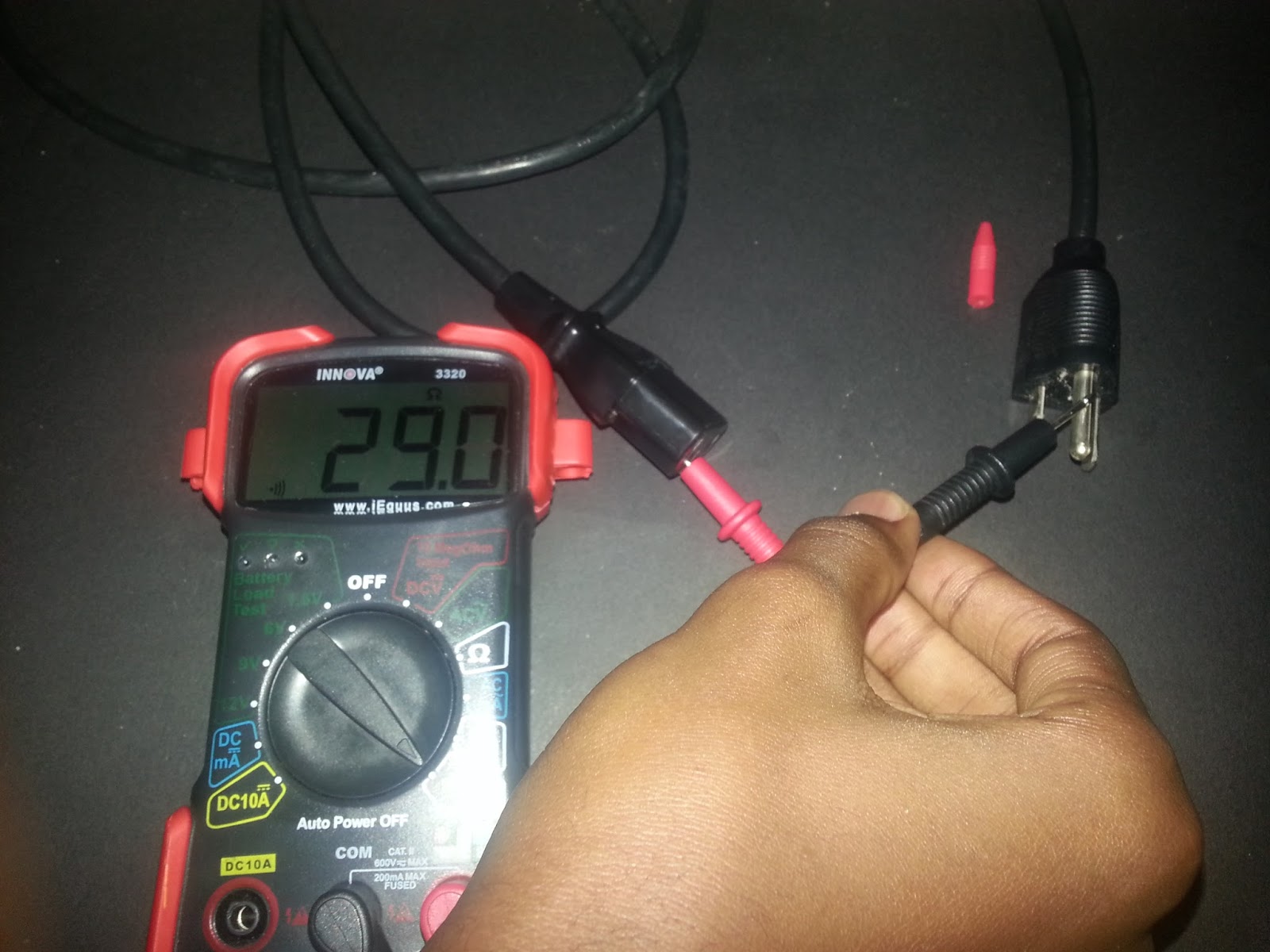
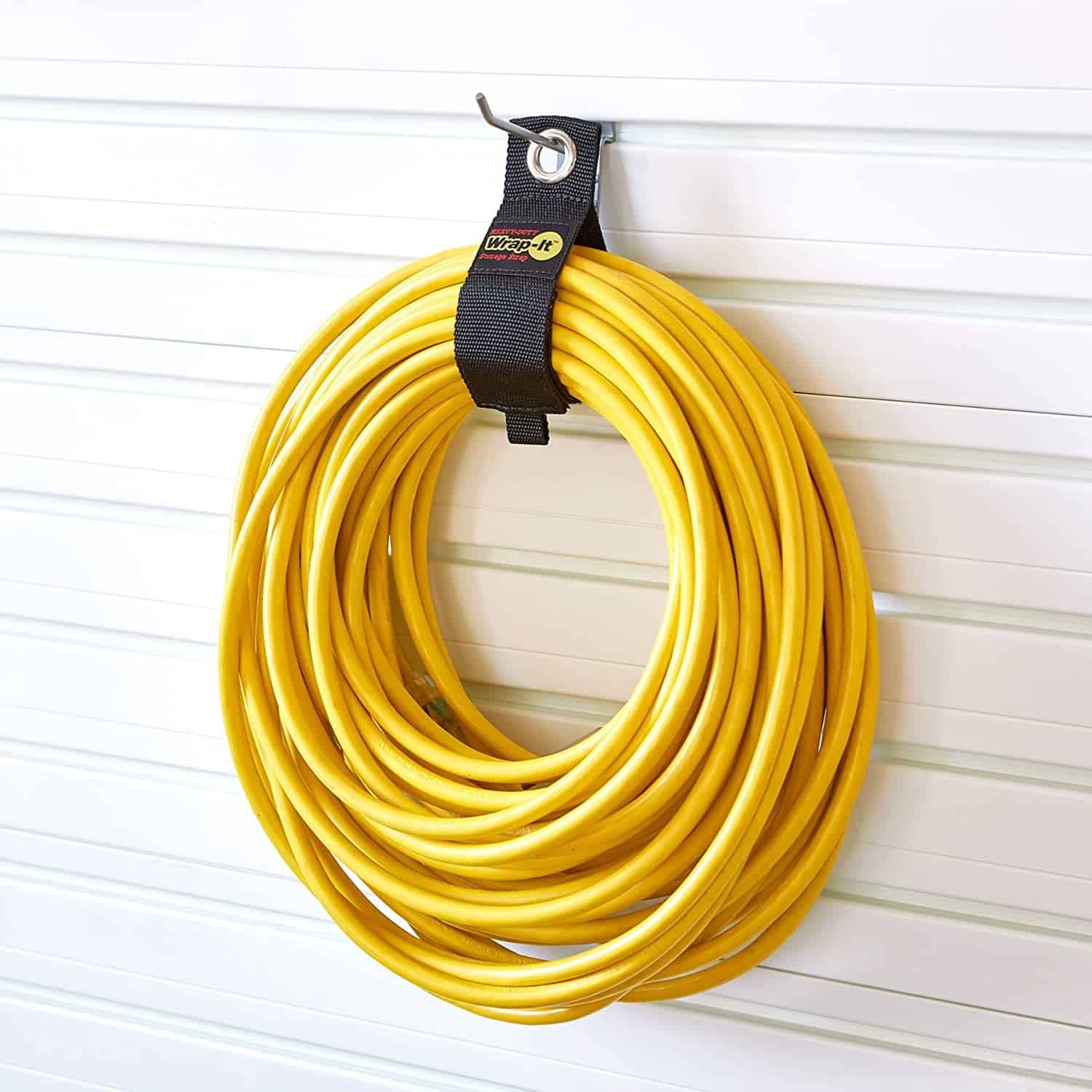
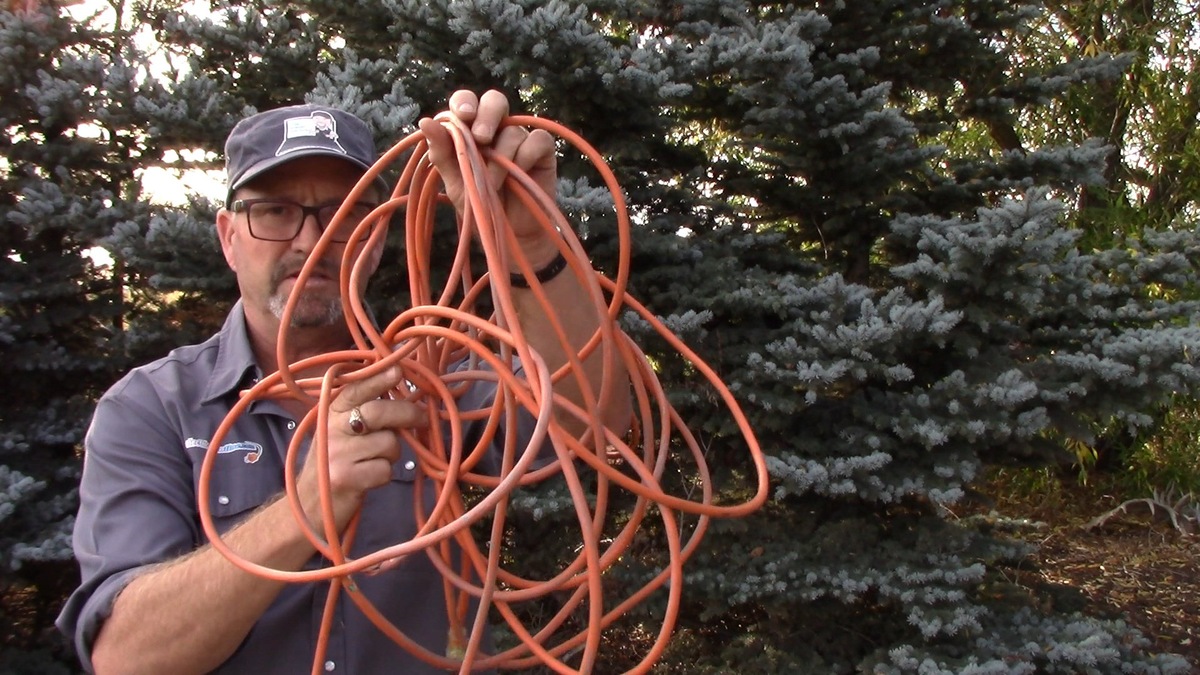
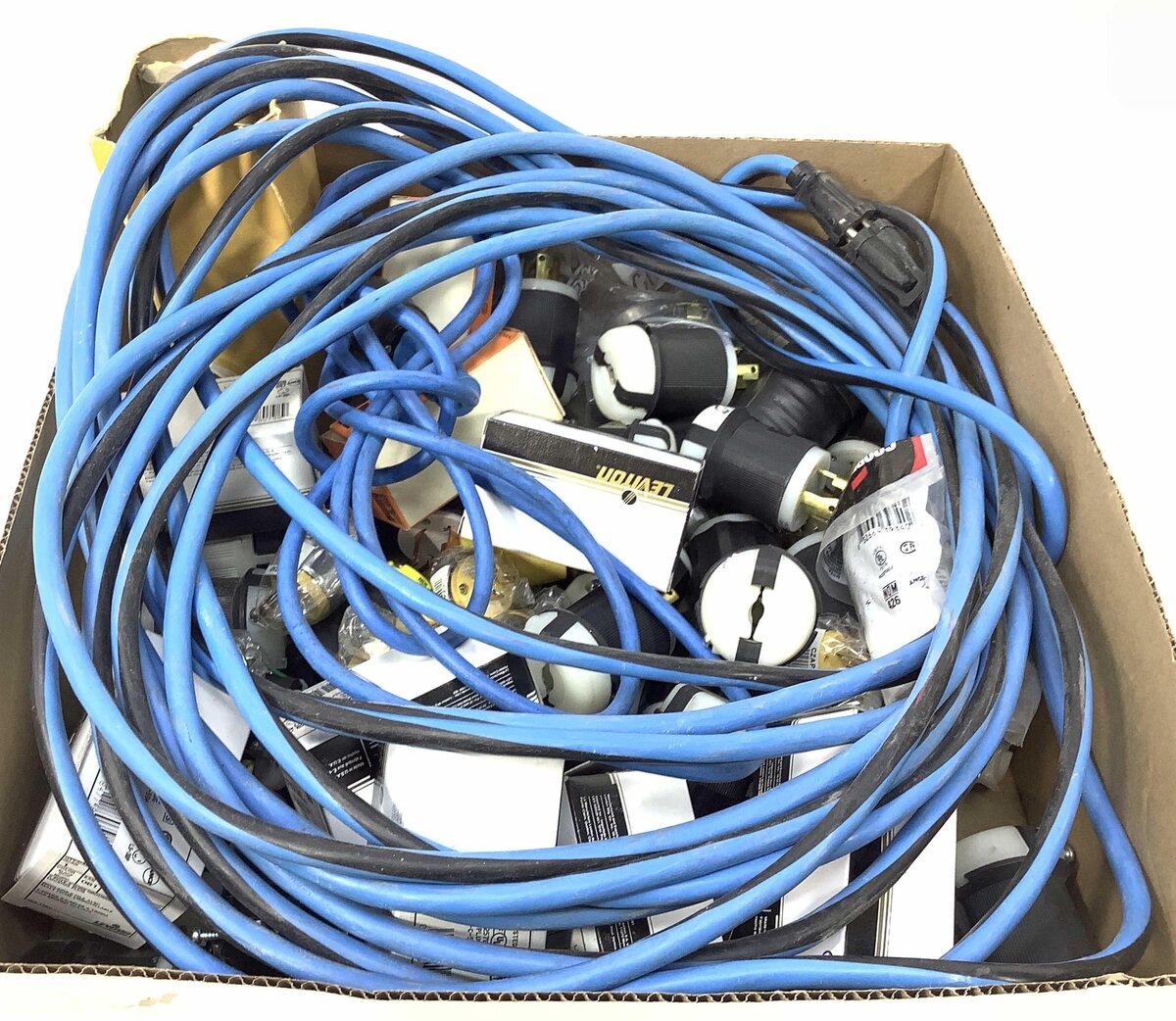
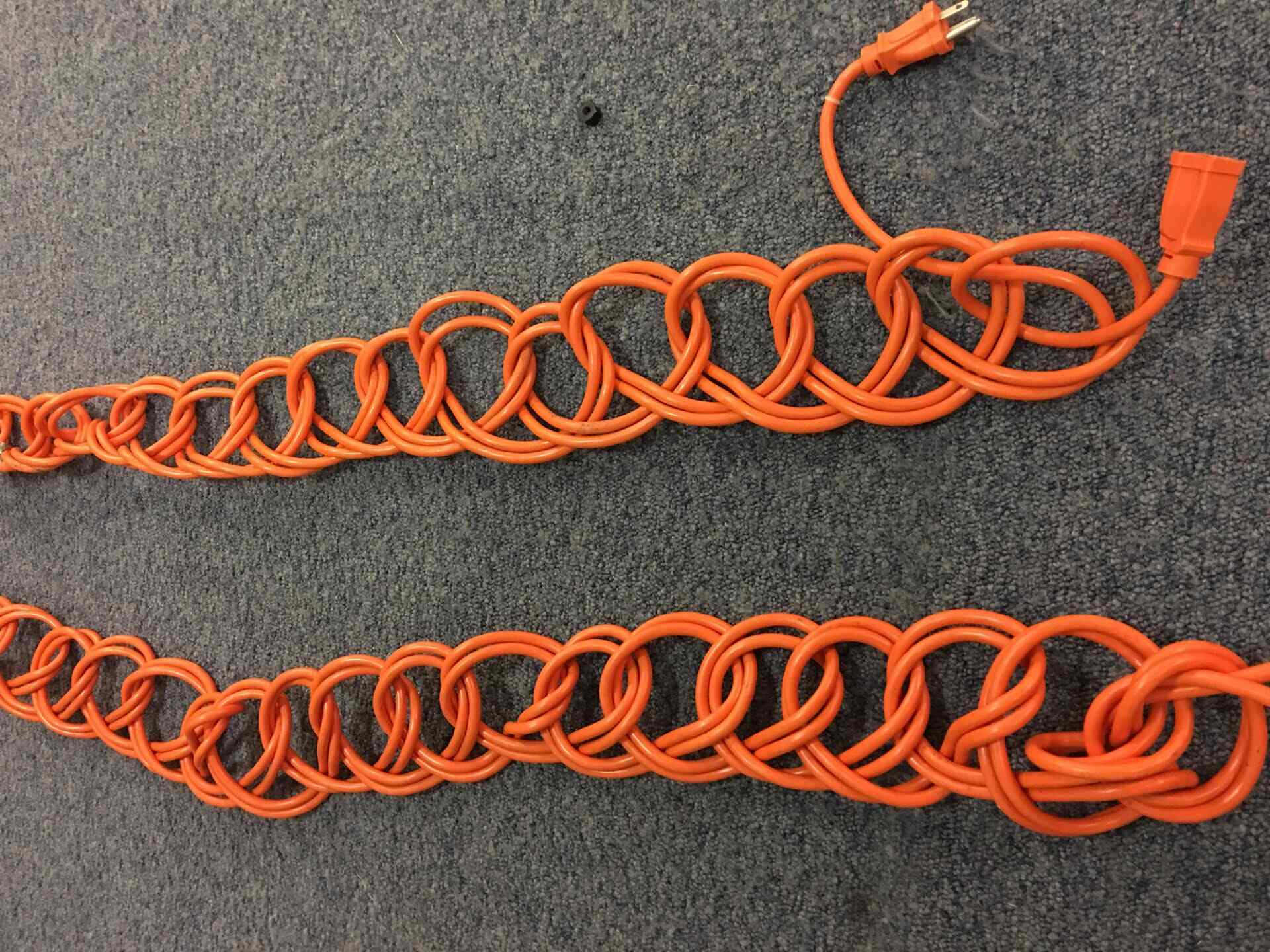
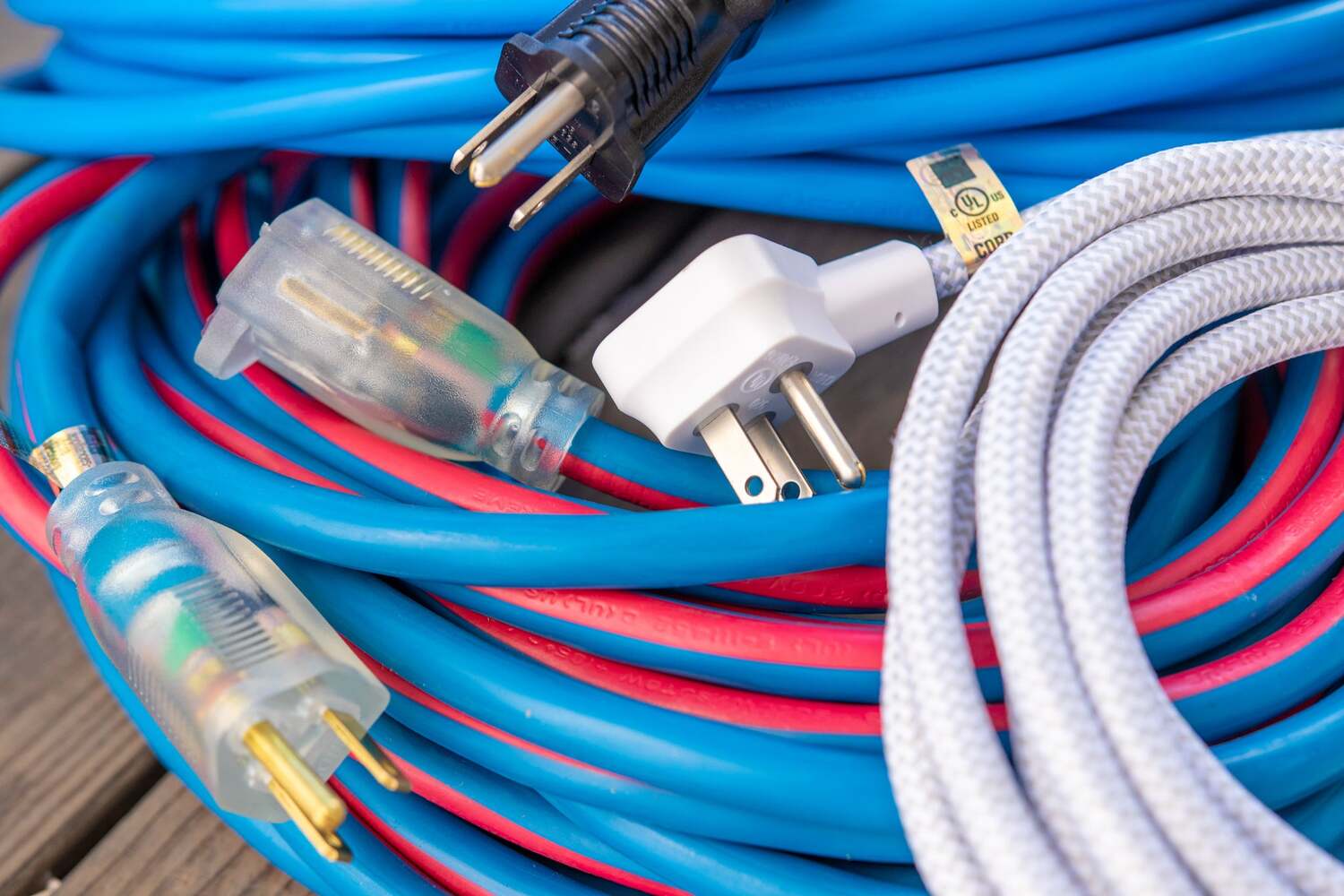
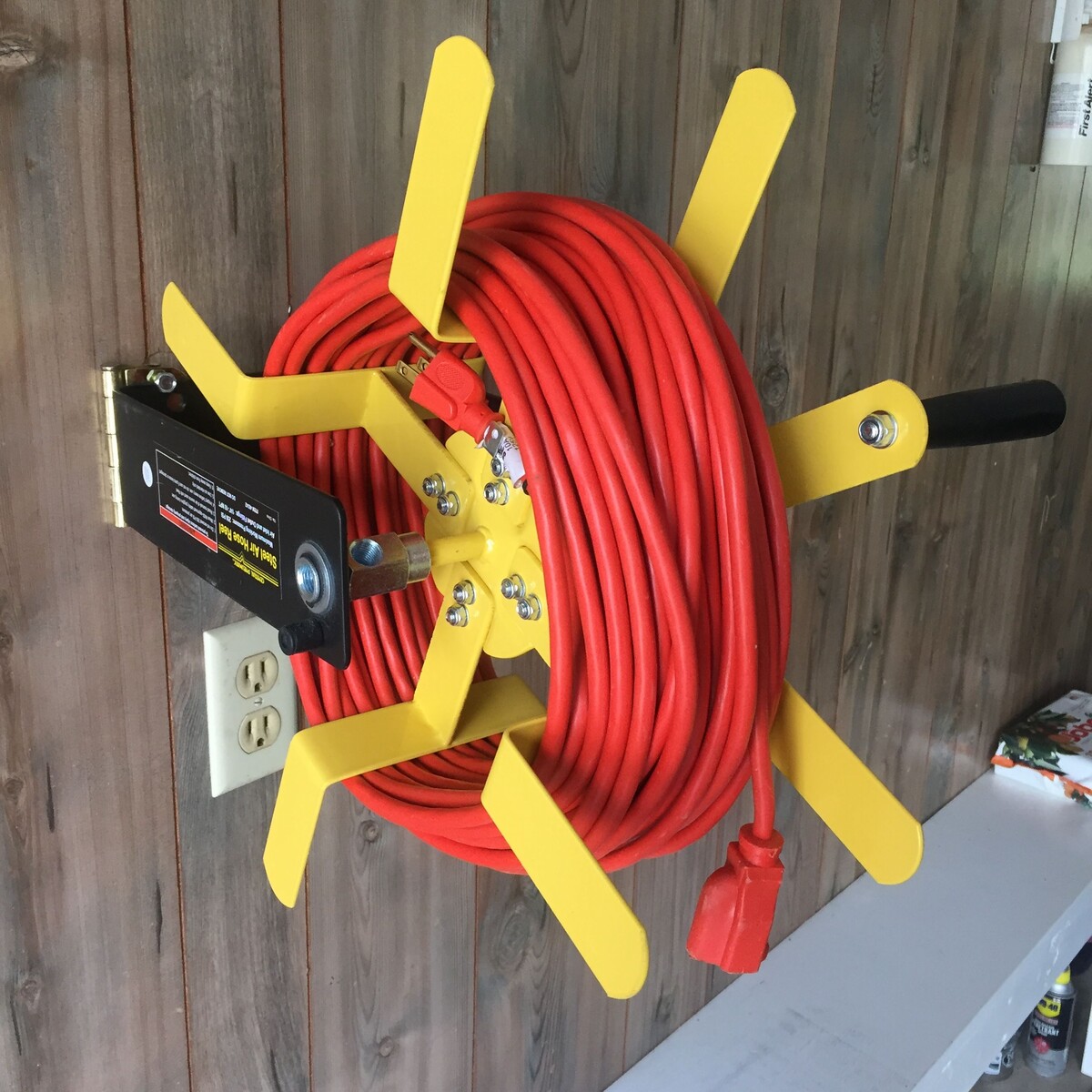
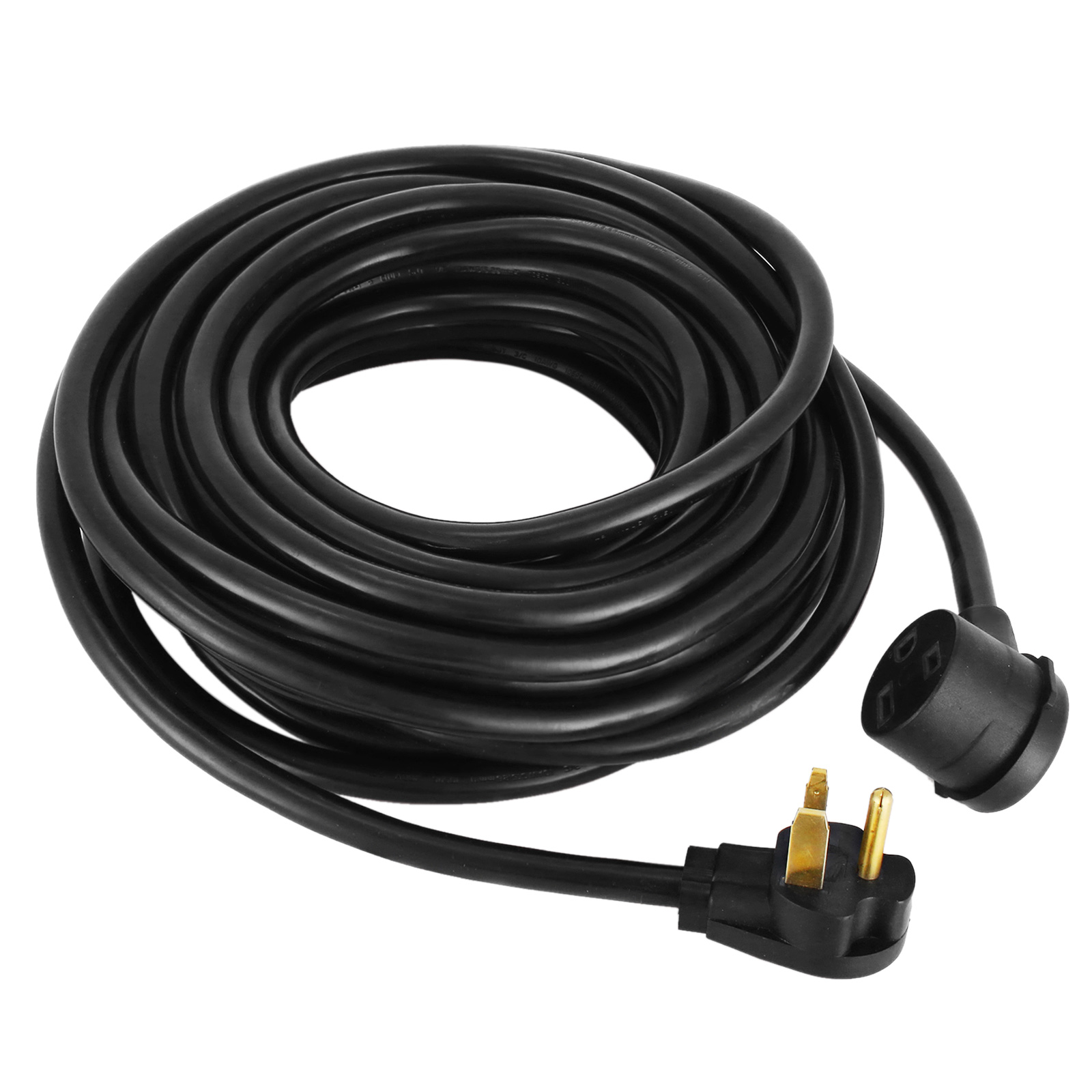
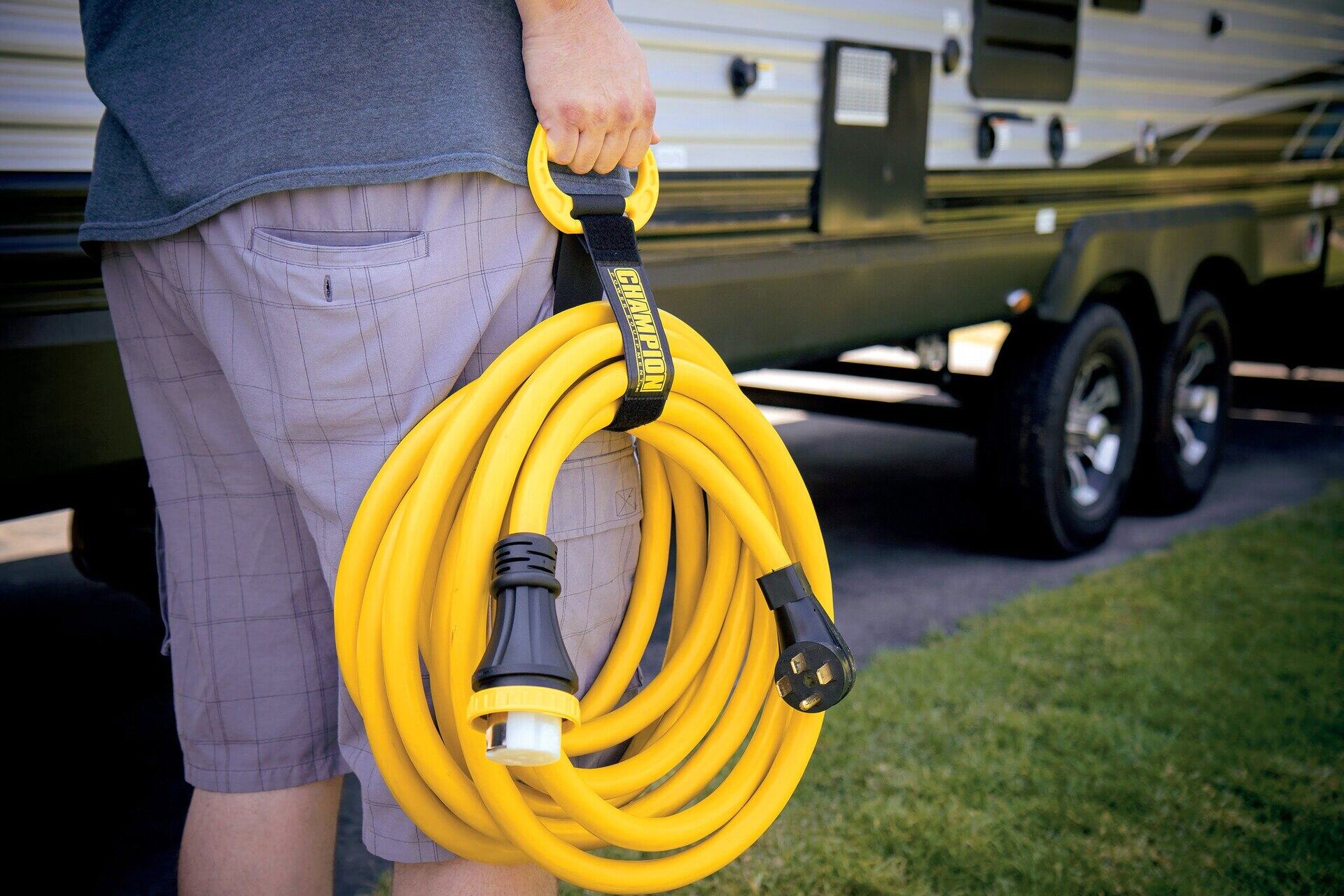
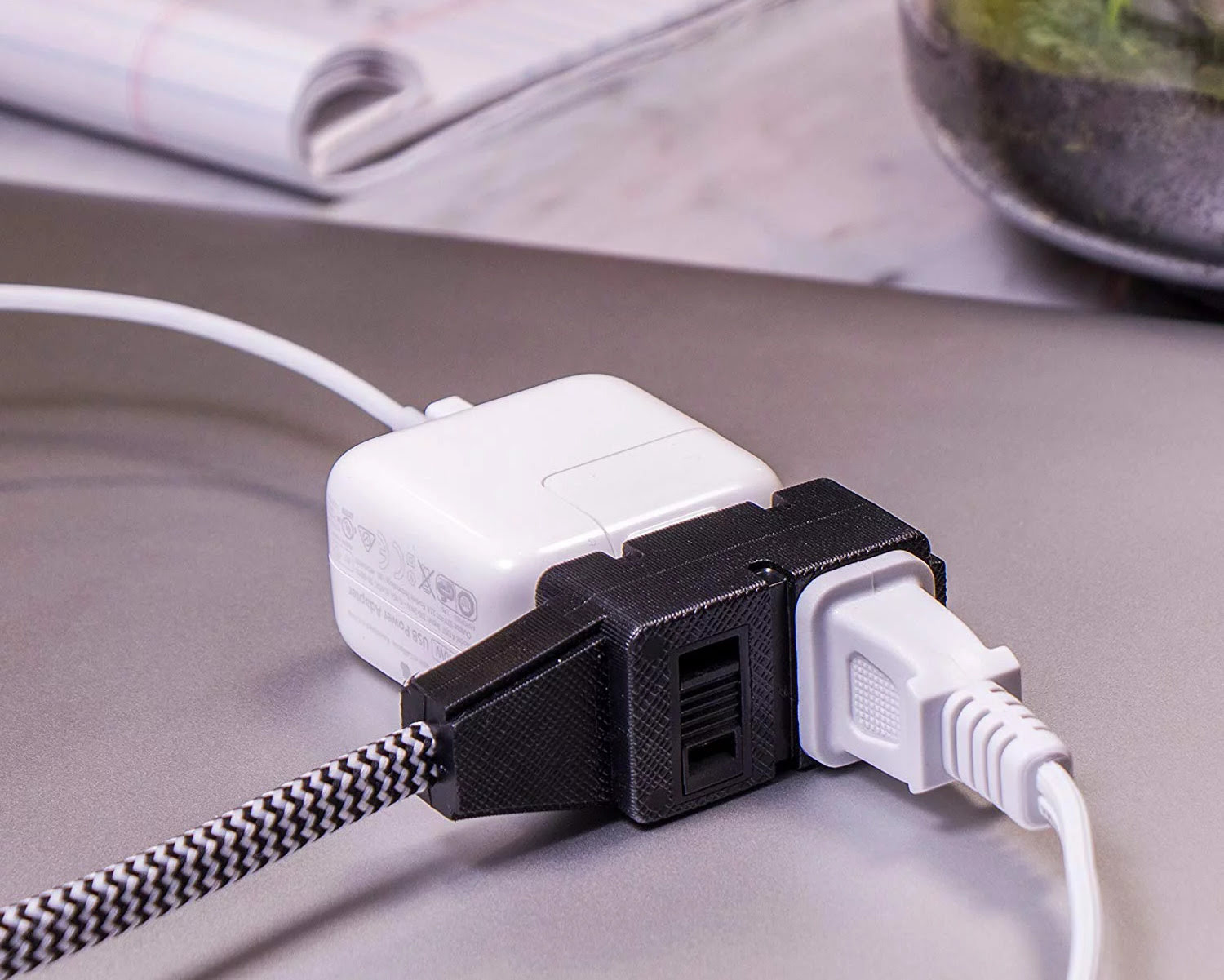
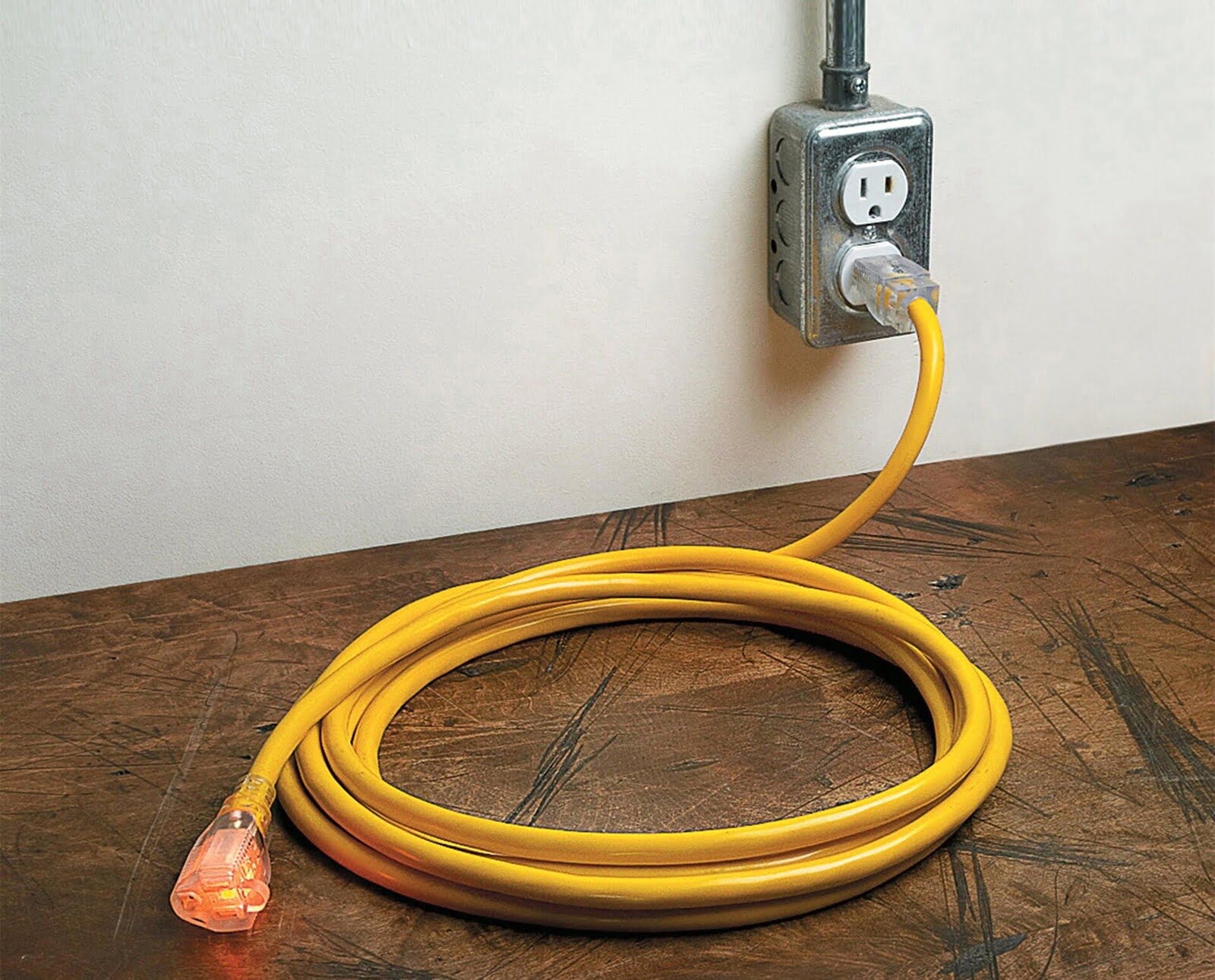
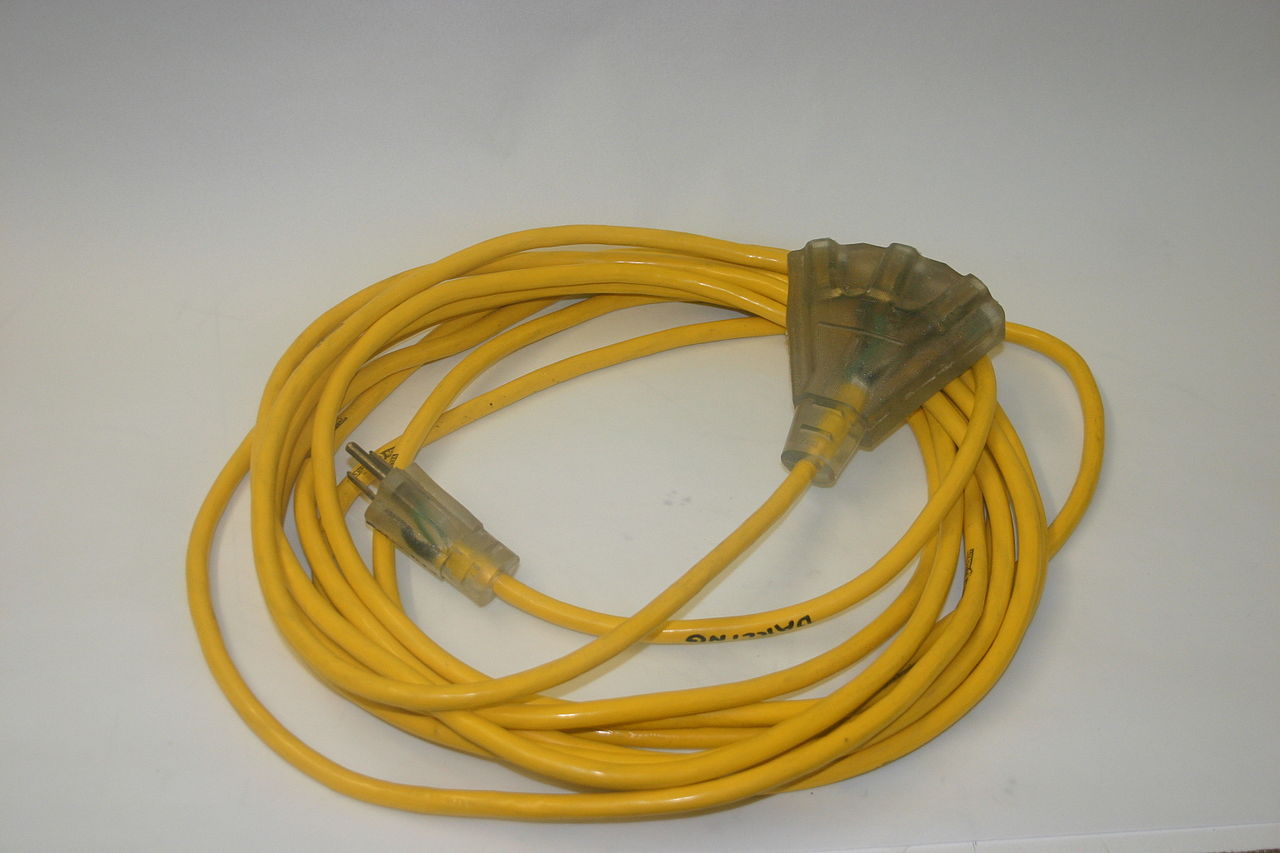
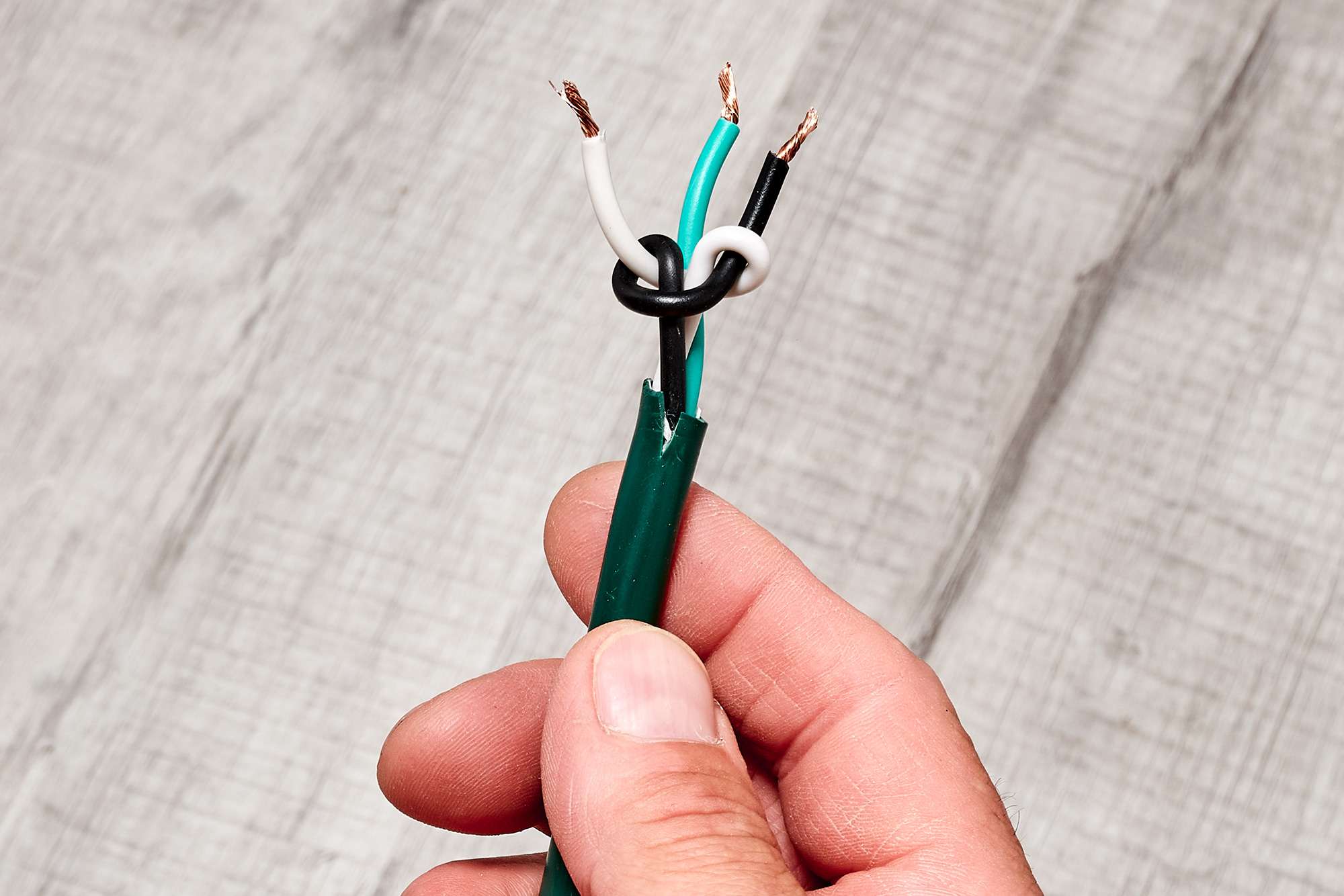

0 thoughts on “How To Choose Extension Cord”